A guide to shopping safely online
The popularity of online classified sites is steadily increasing. People want to spend their money sensibly and connect with others in their community to buy and sell used goods. That said, this does open up the possibility of online scams. False listings, identity theft, phishing, fraud and theft are plausible, but taking common sense precautions can eliminate much of the risk.
As leaders in the online classifieds sector, let us guide you through our recommendations for shopping safely online.
Choose a moderated site
Probably the most important first step in shopping online classified sites safely is using a site you know has a moderation team. Here at Used.ca we have vigilant moderation process. We are notified of any suspicious posts via an alerts system and our live moderation team are constantly safeguarding our sites. This eliminates a lot of the risk you may encounter on other classifieds sites.
Community – #UsedHelps
Report abuse and suspicious looking postings: if you feel that an ad or a posting looks suspicious report it. Many sites, especially online classifieds have “report abuse” or “feedback” links, use those to alert authorities. A good classifieds site has a community of users that want to protect each other.
Here at Used.ca, our team are available to help you if you are concerned that the person you are dealing with is behaving suspiciously.
You can contact us via email: Feebacks@Used.ca and via our social media channels.
Trust your instincts
“If it sounds too good to be true, it probably is” is an adage that definitely applies to ecommerce. Your instincts are often the best indicator if something is amiss. Follow your gut feeling and use common sense.
Research the item
Do this beforehand so you know what you are buying, how much it should cost and what condition it should be in.
Personal information is just that – personal
Never give out personal information. Don’t give your social security, social insurance or national insurance number, date of birth, banking information, your address and so on.
Pick up the phone
While email may be most convenient, especially for initiating transactions, when possible, try to speak on the phone before agreeing to a transaction or agreeing to meet . If they refuse, excuses are often very revealing. Again, go with your gut.
Communicate before visiting a home
Although the map feature may display a user’s location in an ad, this is not an open invitation to visit someone’s home. For both the safety of yourself and the seller, please communicate before to arrange a meet up time or place.
Cash only
For online classified purchases, never wire money, send advance payments or use your credit card. This also helps you to avoid any deals done through mail which can be a notorious method for running scams.
Shop local
You can reduce your risk by keeping all transactions local. This also eliminates the need to use anything other than cash when buying or selling.
Thorough inspection
Never buy something that you can’t check out in-person first. Not only can you assess its quality for yourself, but you can meet the seller in-person. Ask to see the item working. In your email contact, ask that the item remains assembled until you make a decision.
Meet in public
For online classified transactions, try and meet in a public place and bring a friend. This protects you by not revealing your address and makes it less likely that someone will try to scam you.
Avoid the car
Do not accompany a person to their car for any reason and, of course, do not let them go to the car with items in hand if they haven’t yet paid for them.
Ask questions
Don’t be afraid to ask questions. Ask sellers why they are selling their item and about its condition. And sellers, don’t be afraid to ask buyers what their intentions are. If something sounds shady, remember you don’t owe anyone anything and you can always back out of a transaction before any money is exchanged.
Keep records
If you buy and sell often, keep some sort of record of what you have bought and/or sold, where you met and who you bought from or sold to.
The most important tip is: only proceed with a transaction if you are 100 per cent comfortable. As a rule, your instincts are your best protection.
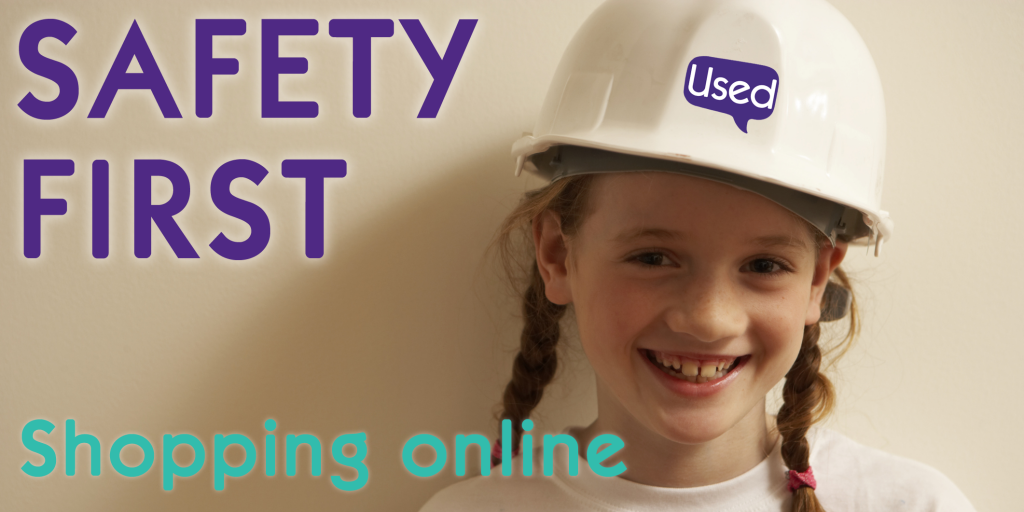

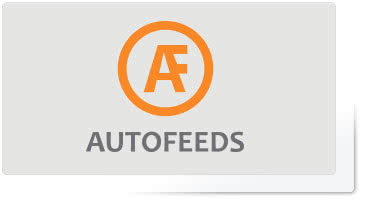 Work smart. Not hard.
Work smart. Not hard.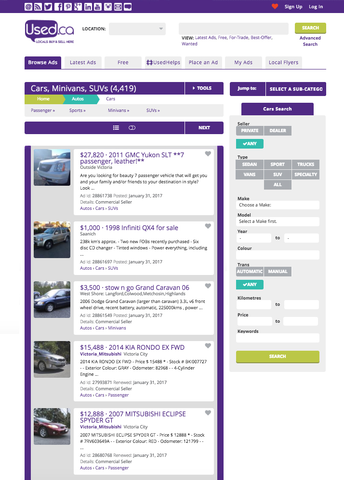

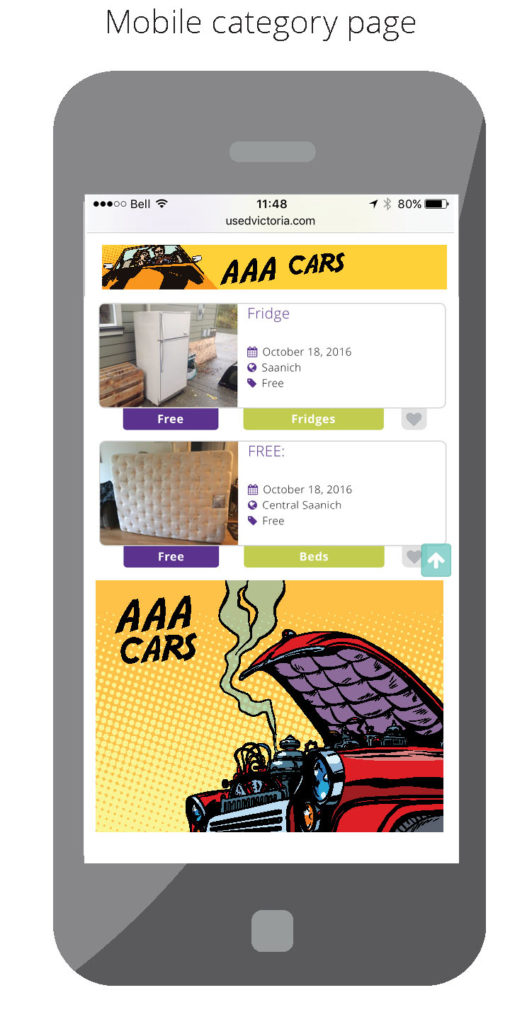


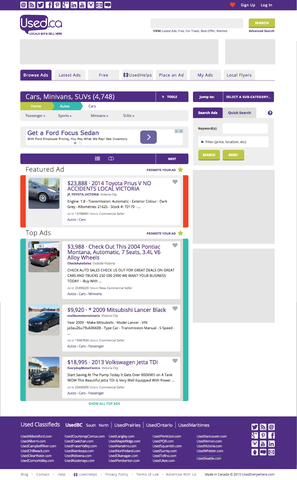
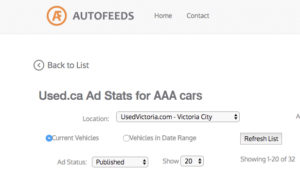
Chris Whiteley
For the most part, I am pretty easy going when it comes to playing safe, however I keep a few personal rules to stay safe, but mostly to avoid time wasting buyers or sellers.
1. I only include my email address in my profile. In my descriptions I let people know that after we make email contact I will send along a phone number for better communication. I have a vetting process that I use to determine if I am comfortable with giving out my phone number to someone. Once the person checks out, I send my phone number.
2. I keep an email record of every single communication I have with buyers and sellers. When I get any new emails from a potential buyer I do a search in my Gmail account for any past experiences. I read through any past exchanges I had with the person and if there were problems in the past then I don’t respond.